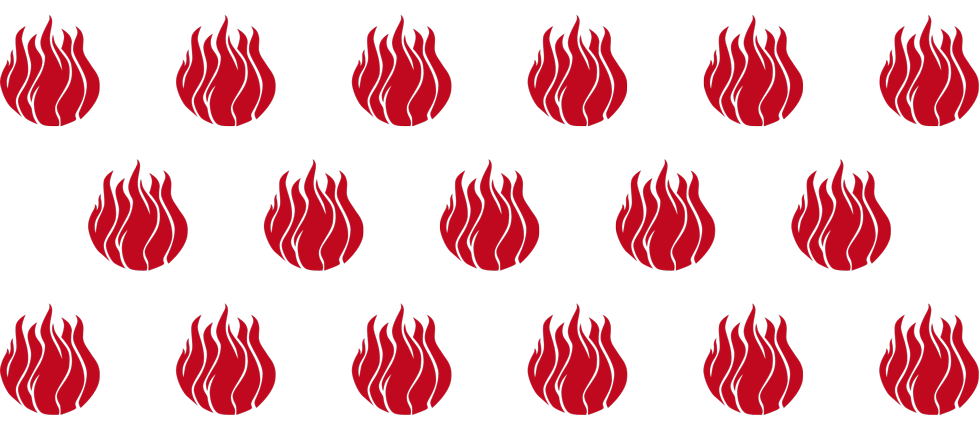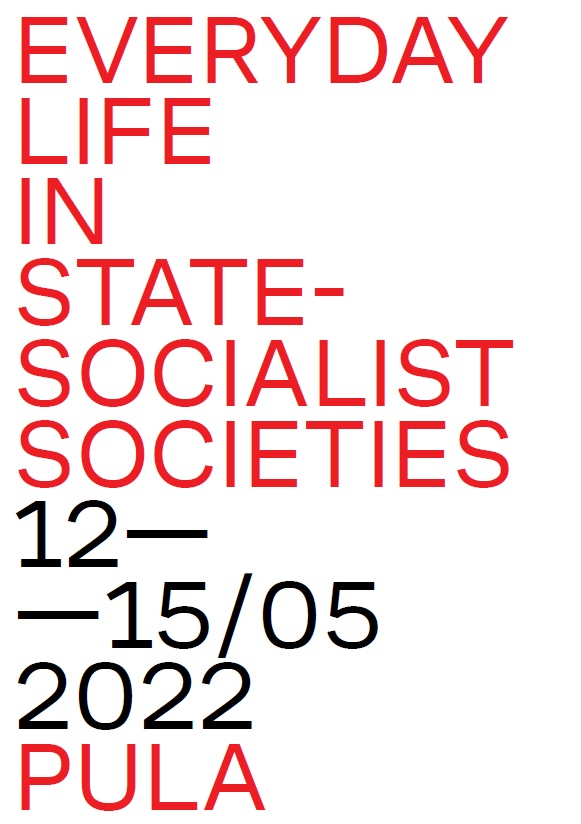Everyday Life in State-Socialist Societies

― Call for Papers ―
Until a few years ago, historians had paid little attention to the working and living conditions present under ‘state socialism’ in Eastern Europe and the Soviet Union. Not only were those countries associated with Moscow somewhat neglected, the same was also true of Yugoslavia and Albania.
The collapse of state socialisms initially prepared the ground for political-science questions, albeit to differing degrees in different regions. The opening up of previously inaccessible archival collections foregrounded at first a necessary reappraisal of Stalinist crimes, but this was done not infrequently with a strong emphasis on separate nation states.
Recently, however, historians – especially younger ones – have in many places emancipated themselves from these political-science concepts, researching and publishing on topics inspired by questions, concepts, and methods of a culturally expanded social historiography. A series of important monographs have been published over the last decade, as have a fairly large number of academic articles.
This conference aims to promote and strengthen scholarly debates on the social history of state socialism, which may also lead to new joint research and publication projects. We invite papers that duly situate their empirical case within the larger frame of the discussion outlined below.

In terms of content, this mainly concerns three important interrelated aspects:
• Work relations in industry, agriculture, and services: differences between the official and everyday reality in the workplace, the role of party organizations, informal organizational forms, conflicts, Eigensinn as a description of specific individual resilience.
• Gender relations in family life, in the public sphere, and in the workplace, and the interaction between gendered social relationships in all these spheres.
• Consumption relations as expressed in food, housing, holidays, etc., and ‘Coca-Cola Socialism’.
Questions that could be important in this regard include:
• To what extent can patterns be recognized in the various forms of state socialism, and how can structural similarities and differences be explained? How did things change over time during the state-socialist period?
• How did official propaganda and the everyday reality influence each other?
• Were there important continuities between the periods before, during, and after state socialism? If so, how could they be explained? What changed in everyday life in the period after 1989–92?
• From the perspective of pursuing a socialist society, what can we learn from the state-socialist experiences?
All questions aim to avoid looking at national cases in isolation, instead embedding them in a broad comparative and transnational perspective. In a good Alltagsgeschichte tradition, we also encourage participants to reflect upon everyday experiences of class, gender, and ethnic belonging – experiences that sometimes went along and sometimes cut against the hegemonic discourse of the Party-state.
The conference is organized by the Rosa Luxemburg Foundation Southeast Europe, Belgrade (Serbia), and the Centre for Cultural and Historical Research of Socialism, Pula (Croatia).
Keynote speakers will be announced shortly.
Prospective authors should send, by 30 September 2021, a cover letter (including address, email, and institutional affiliation), a CV (up to two pages), and an abstract (up to 500 words). Depending on the outcome of the reviewing process for the abstracts, full papers (up to 5,000 words) will be invited for presentation at the conference.
The deadline for the submission of first drafts of papers will be 1 March 2022.
Travel and accomodation expenses for the invited panelists will be covered by the Rosa Luxemburg Foundation.
All correspondence should be addressed to:
